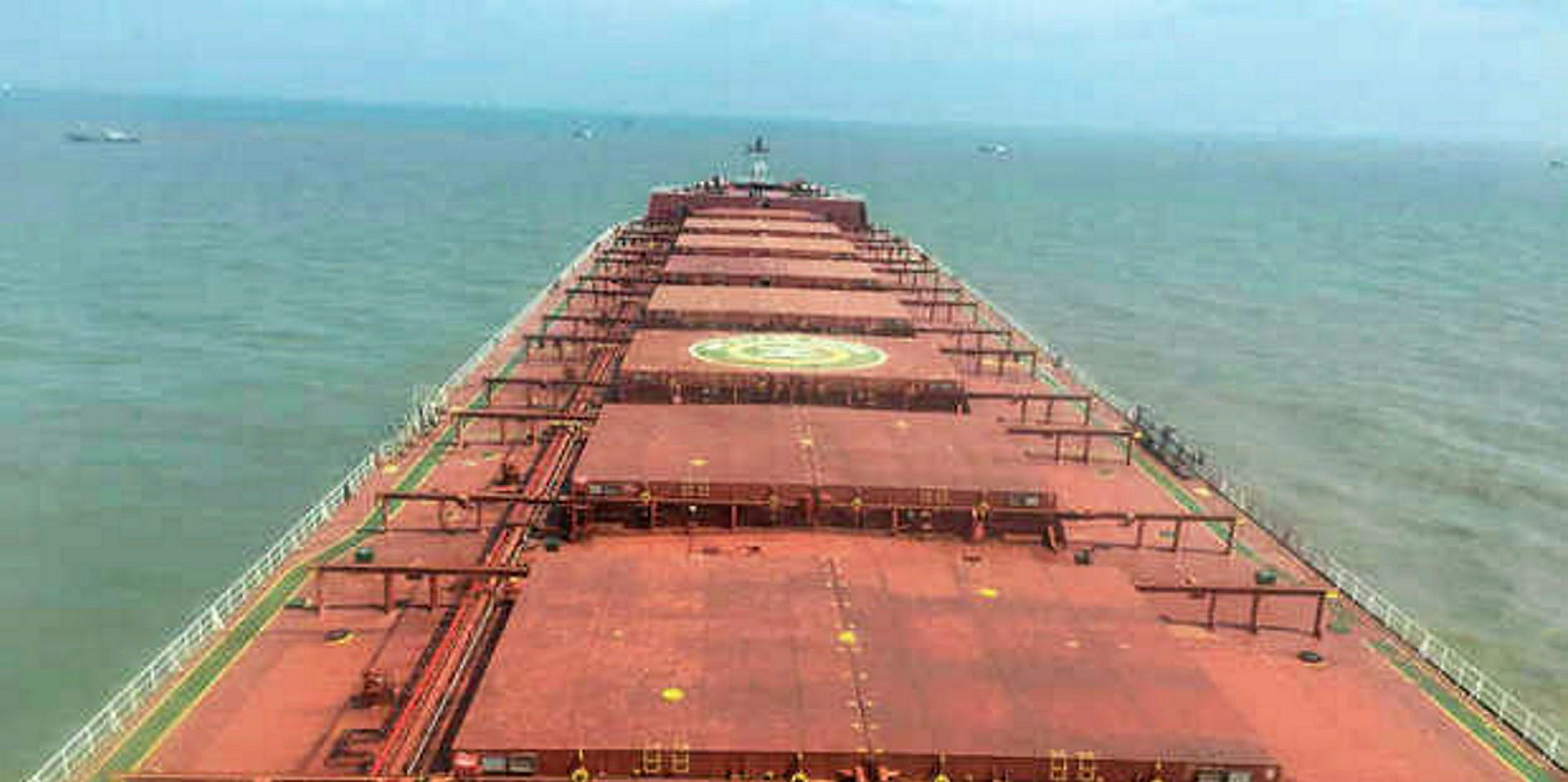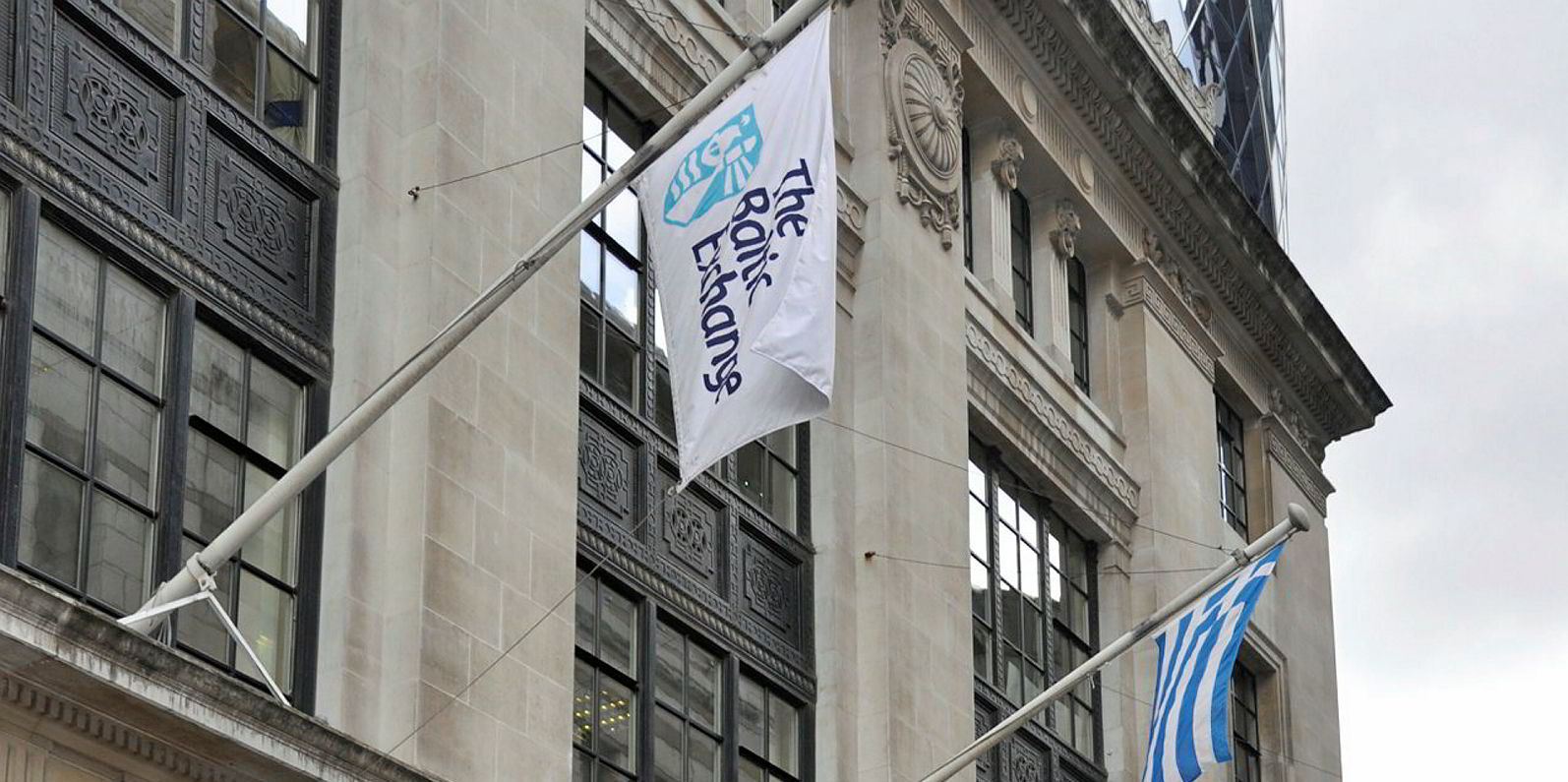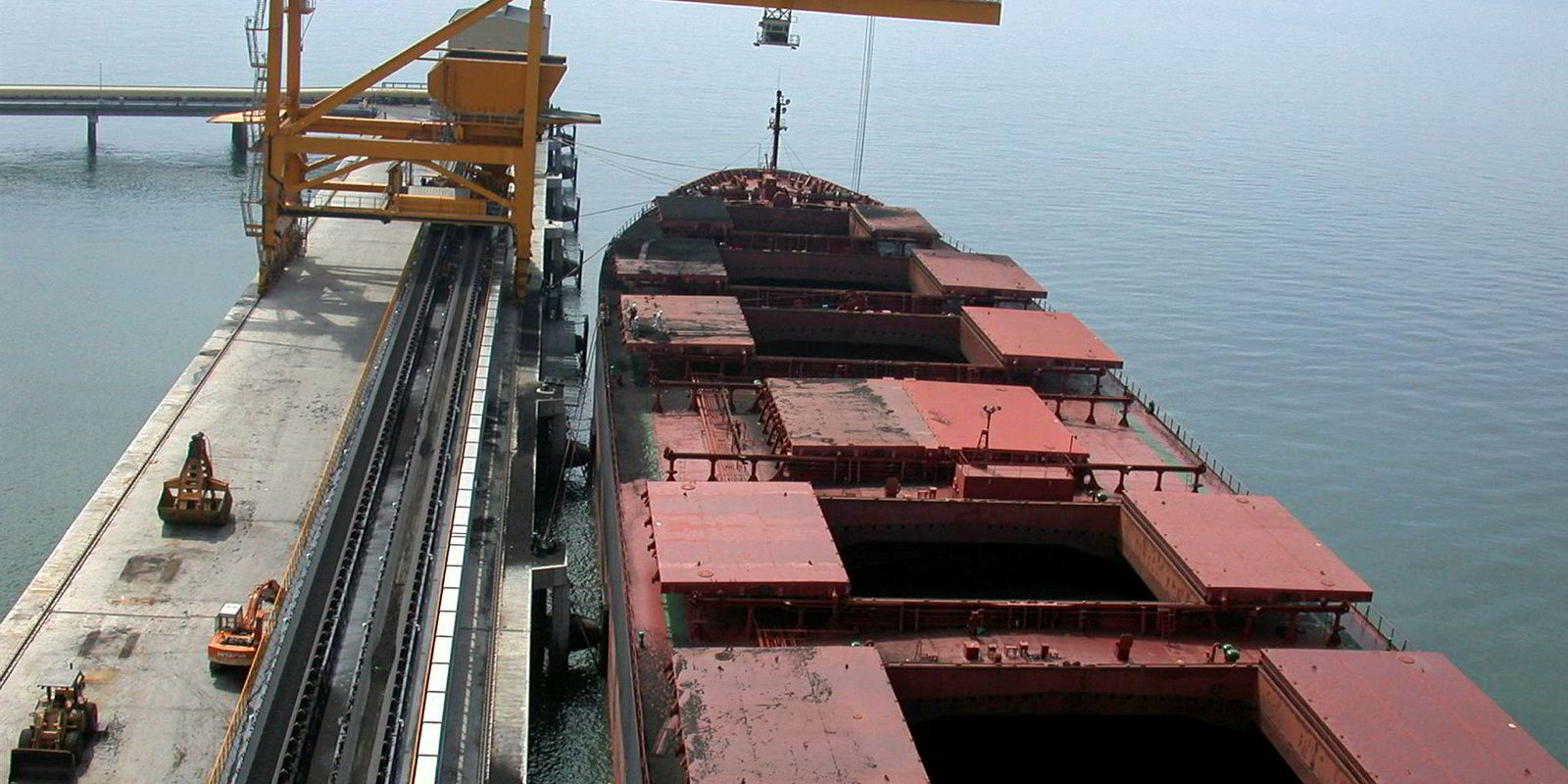Capesize spot rates were assessed lower across the board today due to a slowdown in fixing activity, ending a rally in which average earnings have increased around 47% over the past two weeks.
The weighted timecharter average rate for the Baltic Exchange's five major benchmark routes (5TC) was today assessed at $25,822 per day, $622 lower than Friday.
Friday saw the assessment reach its highest level since 11 months ago in mid-August 2018.
Friday's assessment was 47% higher than two weeks earlier on 21 June, when it was assessed at $17,947 daily.
All change
Routes in the Pacific basin were hit harder than those in the Atlantic, where a persistently tight tonnage list has insulated rates from greater impact.
Some $1,150 has been wiped off the Baltic's assessment for trans-Pacific round voyages from China/Japan (C10_14) since Friday. The route was today assessed at $22,225 per day.
A slow down in fixing Australia iron ore cargoes for import to China was seen in fixtures reported towards the end of last week and rates have been adjusted downwards accordingly.
Rates on the West Australia to Qingdao (C5) route today declined for the second consecutive trading day to $8.727 per ton, $0.432 below Friday's level.
Assessments for the route have fallen by 5% since last Thursday.
2019 highs
The market may be taking a break but rates on most major capesize routes remain at highs not seen in almost a year and analysts remain bullish for the second half of 2019.
"Following an abysmal 1H19 when capesize rates averaged $9,900/day, we believe the back half of 2019 will be much improved as Vale continues to ramp up its iron ore production and exports, and capesize newbuilding deliveries slow resulting in fleet growth below 2% for 2019," Randy Giveans, equity analyst for Jeffries, said today in a research note.
This combination of very low growth in fleet supply and increasing ton-mile demand should make the second half "much better" than the first six months of 2019, Giveans wrote.
Joakim Hannisdahl, head of research at Cleaves Securities, was similarly enthusiatic in a report published on Sunday.
"Although we believe the supply situation could change in the near term, we are firm believers of gradual improvements for dry bulk owners, and forecast one of the longest cyclical expansions since the 1740s," wrote Hannisdahl.
Cleaves Securities expects Dry Bulk share index, comprised of major bulker owners, to increase by 47% over the next year, Hannisdahl said.
That being said, impact is already being felt in the market for forward freight agreements (FFAs), which have seen a surge over the past week.
"The FFA market on the other hand has traded down heavily since Friday," Clarksons Platou Securities said in a note this morning.
Capesize FFA contracts for 4Q contracts have priced down by $400 to $20,000 per day, according to the equities analyst.





